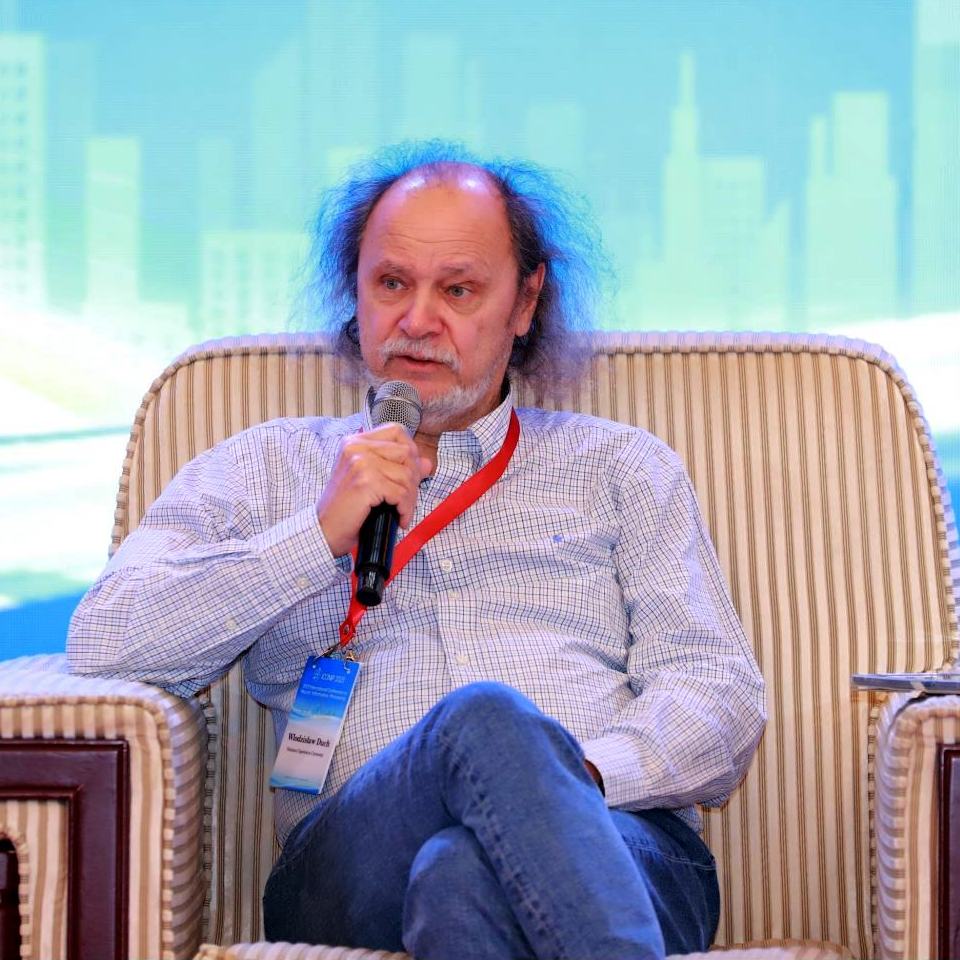Konwersatoria odbywają się o godz. 16:30 poprzez aplikację Webex (recording, privacy) i prowadzone są w języku angielskim.
Aby otrzymywać informacje o comiesięcznych konwersatoriach zarejestruj się pod linkiem.
Kontakt:
Maksymilian Szymczak
 Nawigacja okruszkowa
Nawigacja okruszkowa
Nawigacja okruszkowa
Nawigacja okruszkowa
 Widok zawartości stron
Widok zawartości stron
Widok zawartości stron
Widok zawartości stron
 Widok zawartości stron
Widok zawartości stron
Widok zawartości stron
Widok zawartości stron
Konwersatoria odbywają się o godz. 16:30 poprzez aplikację Webex (recording, privacy) i prowadzone są w języku angielskim.
Aby otrzymywać informacje o comiesięcznych konwersatoriach zarejestruj się pod linkiem.
Kontakt:
Maksymilian Szymczak
 Widok zawartości stron
Widok zawartości stron
Widok zawartości stron
Widok zawartości stron
Recently Artificial Intelligence (AI) has pushed the boundaries of what we though is possible. Large neural networks play a pivotal role in AI, enabling it to perform a wide range of tasks. These networks possess remarkable abilities, such as engaging in conversations in over a thousand languages, demonstrating imaginative prowess by creating stunning designs and surpassing human reasoning capabilities. I will explore the relationship of large neural networks with human brains.
Recently large multimodal models (LMMs) have expanded their learning capabilities beyond just text. They now learn from various sources, including images, videos, behavioral observations, and proprioceptive signals from robot sensors. This multidimensional learning approach enhances their understanding of the real world and their problem-solving skills. AI can write computer programs, control vehicles, develop strategies for companies, and tackle complex scientific problems. The computational creativity of large AI models is made possible by their training process and can be understood as an example of blind variation, selective retention model (BVSR). LMMs learn from vast amounts of data, identify complex patterns, understand context, and generate coherent responses. We have already seen some important discoveries in physics, mathematics, computer science and biology, made with the help of AI models, and can expect even more groundbreaking advancements in the near future.
Understanding of human psychology opens up new possibilities for AI applications. LMM training leads to the development of internal models that enhance their creative output. The emergence of new unexpected properties has led to AI systems that can comprehend the human psyche more accurately than humans themselves, exhibiting behavior that mimics consciousness, and showing deep self-reflection.

Włodzislaw Duch is the head of the Neurocognitive Laboratory in the Center of Modern Interdisciplinary Technologies, and the Neuroinformatics and Artificial Intelligence group in the University Centre of Excellence Dynamics, Mathematical Analysis and Artificial Intelligence at the Nicolaus Copernicus University, Toruń, Poland. PhD in theoretical physics/quantum chemistry (1980), postdoc at the Univ. of Southern California, Los Angeles (1980-82), D.Sc. in applied math (1987). President of the European Neural Networks Society executive committee (2006-2008-2011), Fellow of the International Neural Network Society (2013), and the Asia-Pacific Artificial Intelligence Association (2022), Expert of the European Union science programs, member of the high-level expert group of European Institute of Innovation & Technology (EIT). In 2014-15 he served as a deputy minister for science and higher education in Poland. His DuchSoft company has made in 1990 the GhostMiner data mining software package, for many years marketed by Fujitsu.



